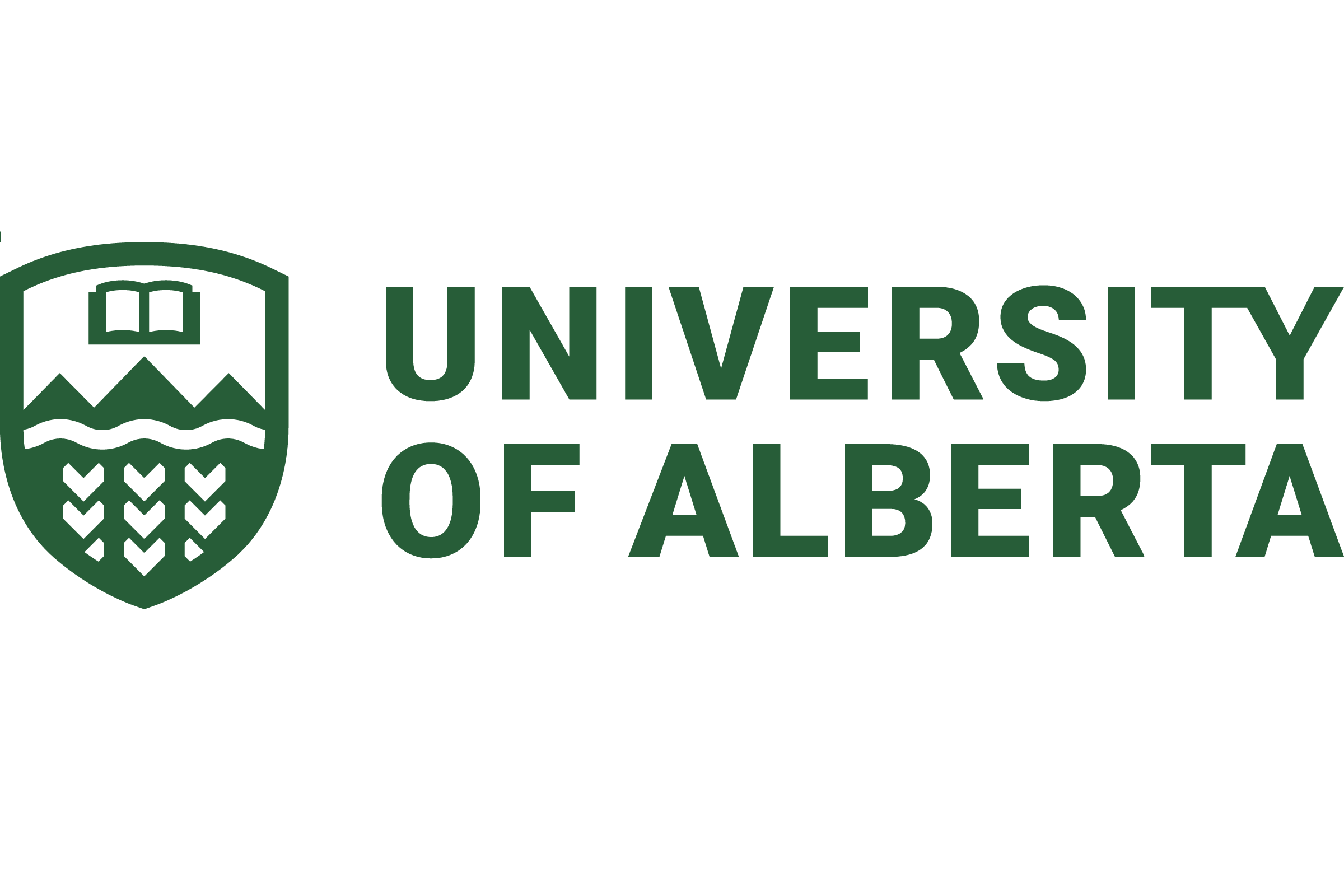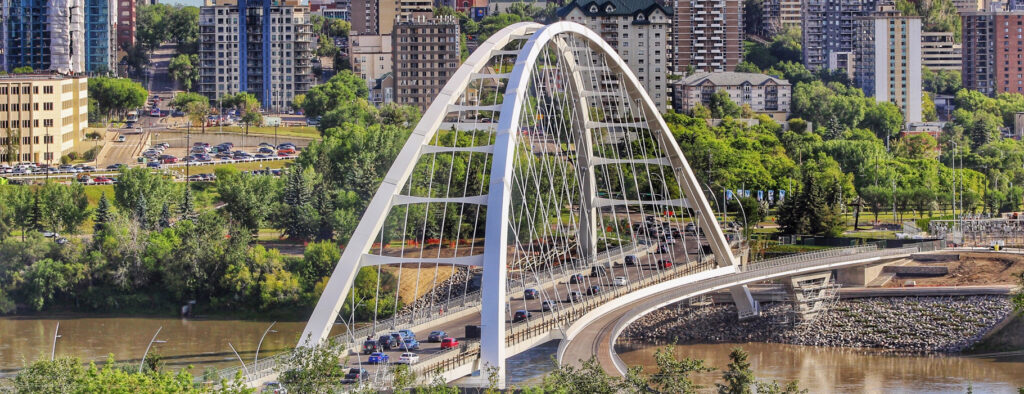

Dr. Mike Chow
Program Director
Pam Weber
The primary objective of our neurosurgical program is to develop graduates of excellent moral and ethical character who possess the factual knowledge, surgical technical skills and motivation required to successfully practice neurosurgery in Canada or elsewhere. This is done within a six-year timeframe.
Residents are exposed to a robust and diverse clinical experience at three sites: University Hospital, Royal Alexandra Hospital and the Stollery Children’s Hospital.
Residents gain experience in all aspects of subspecialty neurosurgery and innovative neurosurgical equipment (complex spine, neuro-endoscopy, deep brain stimulation, endovascular neurosurgery, functional neurosurgery and Gamma Knife).
Our neurosurgical residency program offers a unique PGY 4 experience. Residents can explore research and pre-fellowship interests and/or further clinical experience (academic or community) during this year.
Edmonton is a city of culture, arts, entertainment, sports and retail districts.
Festivals, events and activities are held in all seasons.
The city of Edmonton boasts the largest urban green space in North America. The river valley is a source of pride.

Our specialty offers fascinating anatomy and physiology, and exciting surgery and life-saving interventions. Neurosurgeons operate throughout the body, on the brain, spinal cord and peripheral nerves. We treat a wide variety of pathologies, such as vascular abnormalities, tumours, trauma, epilepsy, spinal conditions and congenital abnormalities. We use a variety of high-tech tools in our practice.
We see aneurysms, tumours, carotid stenosis, arteriovenous malformation, degenerative spinal conditions and traumatic brain injury.
This is a technical specialty with a wide degree of variety. Neurosurgery is not only concerned with restoring structure but also with maintaining function. It offers numerous avenues for research and scholarly pursuit. We know so little about the human brain.
This is a technical specialty with a wide degree of variety. Neurosurgery is not only concerned with restoring structure but also with maintaining function. It offers numerous avenues for research and scholarly pursuit. We know so little about the human brain.
There will be increased use of technology and emphasis on minimally invasive approaches. We expect to treat a broader range of neurological illnesses.
We are seeking hard-working, intelligent candidates who demonstrate a practical approach to emergencies and complex problems, as well as technical proficiency.